- Your cart is empty
- Continue Shopping
Akurit Tablet is a prescription medicine formulated with a combination of two antibiotics that work together to treat tuberculosis (TB). It stops the spread and multiplication of the bacteria responsible for the disease, helping in faster recovery.
How to Take
The tablets should be taken on an empty stomach, preferably at the same time every day to maintain steady levels in the body. Swallow the tablet whole with water, without chewing or breaking it. Do not exceed the prescribed dose, and never discontinue the medicine suddenly without medical advice, as incomplete treatment can make the infection harder to treat. If a dose is missed, take it as soon as you remember, unless it is close to the next scheduled dose.
Therapeutic Benefits
– Helps in controlling and curing tuberculosis by targeting bacteria that cause the infection
– Works not only in lung TB but also in tuberculosis affecting other parts of the body
– Provides combined action of two medicines for stronger effectiveness
– Following the full course of treatment reduces the chances of relapse or drug resistance
Possible Side Effects
While most side effects are mild and temporary, some may include nausea, vomiting, abdominal discomfort, rash, itching, dizziness, or tiredness. Rarely, it may affect the liver or nerves, leading to numbness in hands and feet. Drinking enough fluids can help reduce mild discomfort. If severe reactions like persistent fever, yellowing of skin, or allergic swelling occur, medical attention is necessary.
How the Medicine Works
Akurit Tablet contains rifampicin and isoniazid. Rifampicin interferes with the bacteria’s ability to make essential proteins, while isoniazid blocks the formation of the protective coating that bacteria need to survive. Together, they kill TB bacteria and clear the infection from the body.
Precautions and Safety
– Should not be combined with alcohol, as it can cause unpleasant reactions and worsen side effects
– Inform your doctor if you have liver or kidney conditions before starting the medicine
– Use during pregnancy requires medical supervision due to possible risks for the unborn child
– Generally safe during breastfeeding, as only small amounts pass into breast milk
– May cause dizziness or vision problems in some individuals, so driving or operating machinery should be avoided if these occur
– Regular monitoring of liver function and other tests may be required during treatment
Additional Guidance
Complete rest, nutritious meals, and following the full treatment schedule are important for recovery. Avoid food rich in tyramine, such as aged cheese, smoked meats, or certain beers, while on this medication. Always consult your doctor before combining it with any other medicines.





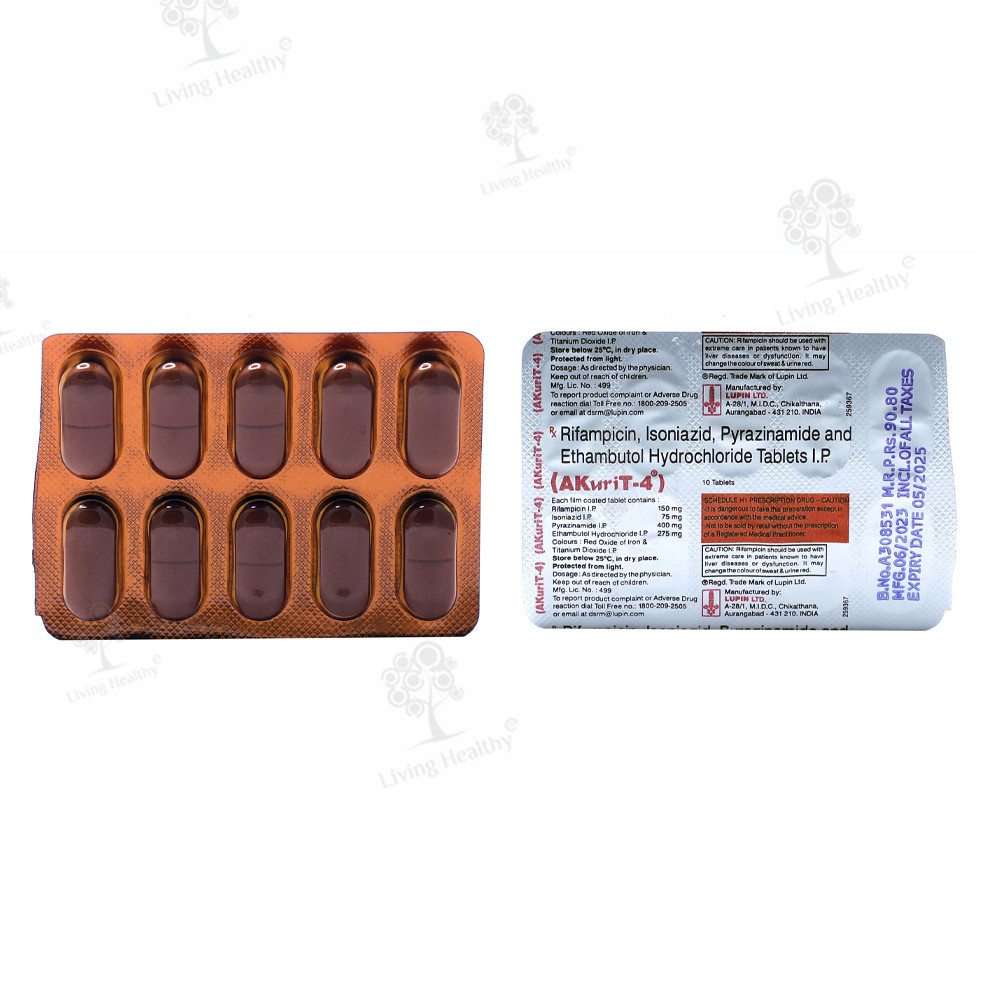


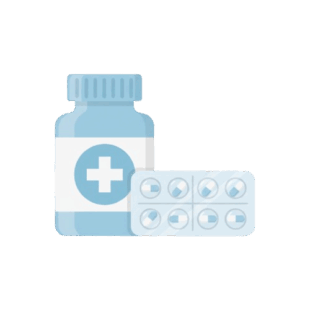


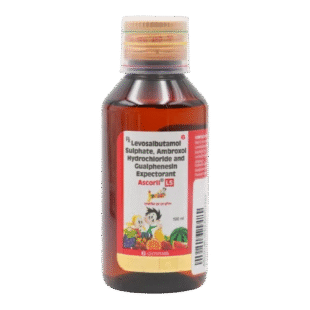
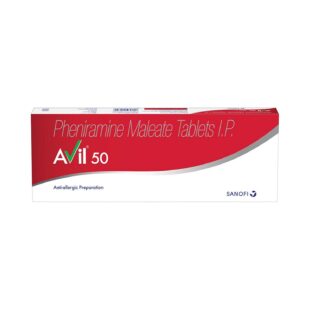
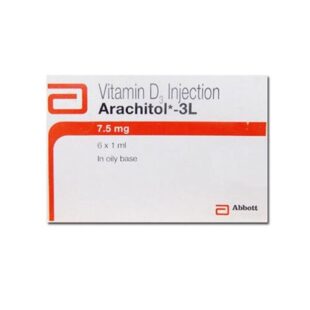
Reviews
There are no reviews yet.